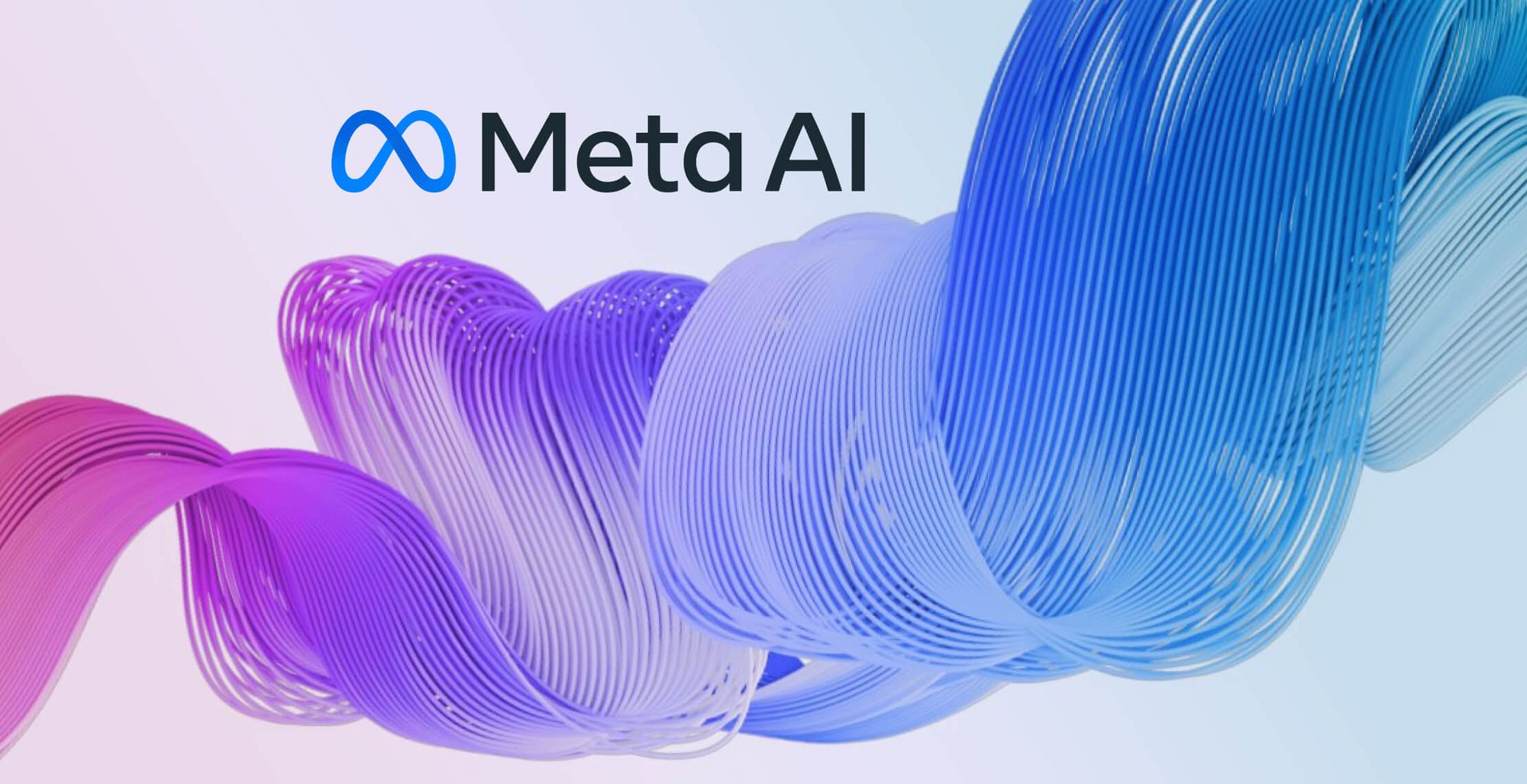
Meta’s Latest AI Model: Free for All, but at What Cost?
Introduction
Meta, the tech giant formerly known as Facebook, has recently unveiled its latest AI model, LLaMA, and made it freely available to the public. This move heralds a significant milestone in AI development, as it empowers anyone with an internet connection to access a powerful language-based model. However, the decision also raises questions about the potential risks and rewards that accompany such open access.
Benefits of Open Source AI
Innovation and Accessibility
Making LLaMA freely available fosters innovation by enabling both researchers and hobbyists to explore the model’s capabilities and develop new applications. By reducing the barriers to entry, open source AI democratizes access to cutting-edge technology, allowing even individuals with limited resources to contribute to the field.
Ethical Implications
Open access can help address ethical concerns by ensuring transparency and encouraging responsible use of AI. By making the model publicly available, Meta invites scrutiny and discussion about its potential biases and risks, enabling society to collectively shape its development and deployment.
Criticisms and Considerations
Data Quality and Bias
Critics argue that releasing an AI model without strict quality control measures could lead to the dissemination of biased or inaccurate information. Depending on the data used to train the model, it may perpetuate existing societal prejudices, undermining its potential for responsible and ethical use.
Security Risks
Open access also raises security concerns. Malicious actors could potentially exploit the model for phishing attacks, spreading misinformation, or generating harmful content that could have detrimental consequences for individuals and society as a whole.
Regulatory Challenges
As AI becomes increasingly accessible, regulatory bodies face the challenge of keeping pace with its rapid evolution. Open source models like LLaMA blur the lines of traditional intellectual property and ownership, requiring policymakers to consider new frameworks for governance and liability.
Case Studies and Real-World Examples
Positive Applications:
Open source AI has already demonstrated its potential for positive impact. For example, researchers at Stanford University used a similar model to develop a language-learning tool that helps students improve their writing skills. In the healthcare sector, open source AI models have been employed to analyze medical data, enabling early detection of diseases.
Negative Impacts:
However, open access can also facilitate the spread of harmful content. A recent study by the University of California, Berkeley found that open source AI models could be manipulated to generate racially biased content. Additionally, open source AI has been used to create deepfakes, which are realistic-looking fake videos that could be used to deceive or spread disinformation.
Expert Perspectives
Experts in the field of AI have diverse perspectives on the implications of Meta’s decision.
Supporters:
Professor Yoshua Bengio, a renowned AI researcher at the University of Montreal, stated, “Open-sourcing AI models is crucial for scientific progress and public scrutiny. It allows us to build on each other’s work and address ethical concerns.”
Critics:
Dr. Bart Selman, a computer science professor at Cornell University, cautioned, “Making AI models freely available without proper safeguards can have unintended consequences. We need to consider the risks of misuse and potential harm to society.”
Conclusion
Meta’s decision to make its latest AI model freely available to the public is both a testament to the company’s commitment to open innovation and a reminder of the complex challenges that accompany the democratization of AI. While open access has the potential to foster innovation, address ethical concerns, and reduce barriers to entry, it also raises concerns about data quality, security, and regulatory oversight.
As AI technology continues to evolve, policymakers, researchers, and society as a whole must work together to develop a balanced approach that harnesses the benefits of open source AI while mitigating its potential risks. By engaging in open dialogue, embracing responsible use, and implementing robust regulatory frameworks, we can ensure that AI remains a force for progress and positive transformation in the years to come.
